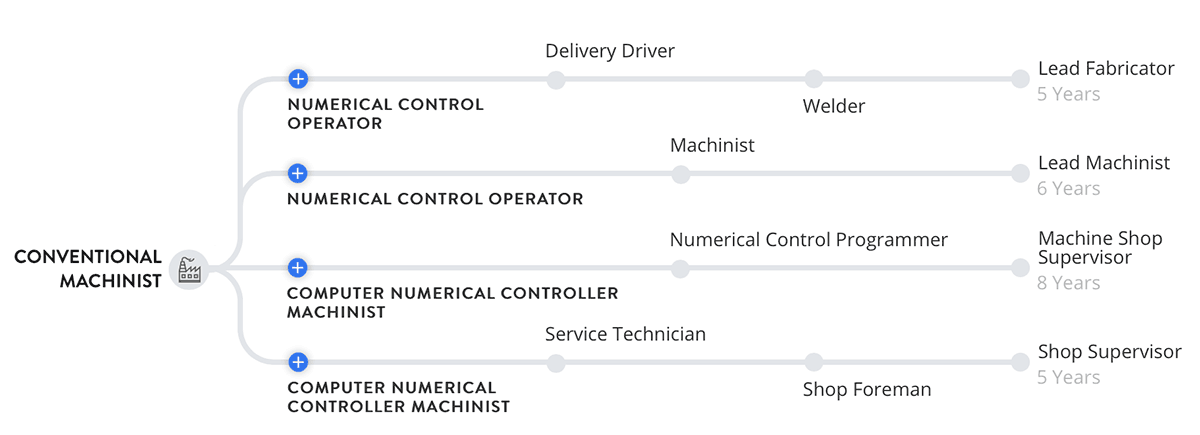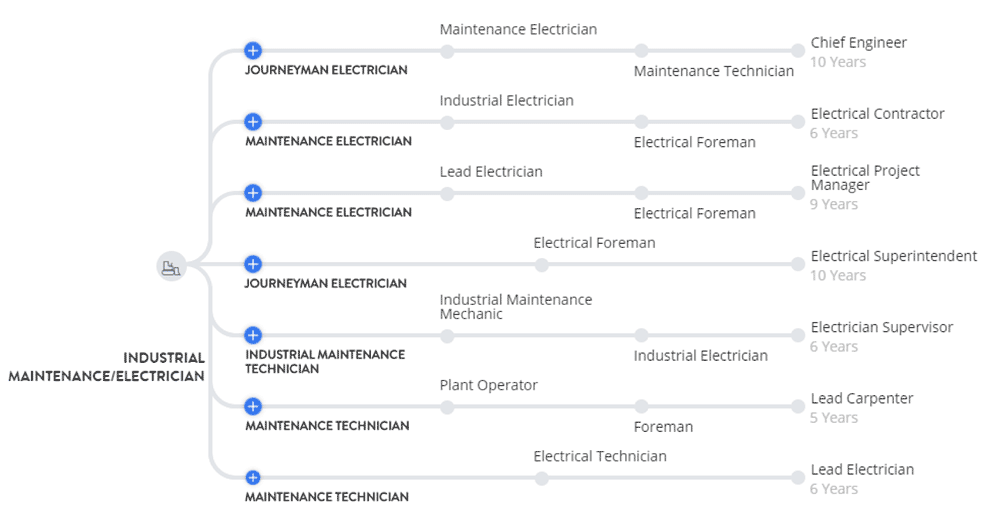Conventional Machining
PROGRAM DESCRIPTION
Conventional or “Traditional” Machining uses tools, such as lathes, milling machines, boring machines, drill presses, or others, with a sharp cutting tool to remove material to achieve the desired geometry. It t is a process in which the material is removed by the direct contact between tool and work-piece. The machining requires the presence of a tool that is harder than the workpiece to be machined. This tool should be penetrated in the work-piece to a certain depth. Moreover, a relative motion between the tool and workpiece is responsible for forming or generating the required shape.
Our Conventional Machining Program is designed to meet the specific needs of the machining industry by providing machine tool operators with both high-quality practical skills and suitable theoretical knowledge. Learn to set up and operate lathes, milling machines, grinders, drilling machines and special machines. Acquire such skills as positioning and securing workpiece and work-holding devices and inspecting workpieces to ensure conformance. Study safety practices, blueprint reading, applied trade calculations and layouts.
Machinists typically do the following:
- Work from blueprints, sketches, or computer-aided design (CAD) and computer-aided manufacturing (CAM) files
- Set up, operate, and disassemble manual, automatic, and computer-numeric-controlled (CNC) machine tools
- Align, secure, and adjust cutting tools and work-pieces
- Monitor the feed and speed of machines
- Turn, mill, drill, shape, and grind machine parts to specifications
- Measure, examine, and test completed products for defects
- Smooth the surfaces of parts or products
- Present finished work-pieces to customers and make modifications if needed
Eligible Certifications:
- Certificate of Completion – Chaffey College
Link to view the machining process: https://trimantec.com/machining-processes-overview/
What Can I Do in the Future with More Education?

Image Source: www.zippia.com/conventional-machinist-jobs/
How Do I Know This is for Me?
- You enjoy hands-on practical work
- You like to repair and make new parts
- You like to create and design parts
- You like to use hand and power tools
- You like to inspect parts and put things together
- You like metalworking and performing repetitious movements
What Can I Do with These Certificates?
- Machinist I
- Nut Former Machinist
- Machinist – Grind
- Machine Operator
- Machinist Trainee
- Threadroll Machinist
- Conventional Machinist
- Production Machinist
- Composites Machinist
Where Can I Work / Top Employers?
- Aerotek
- Sliger Machine
- Dimensions International
- The Republic
- Toolmaker
- Honeywell
- SpaceX
- Butler Aerospace & Defense
- NAVFAC Mid-Atlantic
- Arconic, Inc.
- Precision Castparts
- Public Works Department
- LISI Aerospace
- Parker Hannifin
- Emprotech Mechanical Services
What is the Potential Wage Outlook?
Over the next five years, more than 2,000 job openings are projected for fields in manufacturing technology, yearly.
Entry Level: $14 – $15 per hour
Median: $19 – $20 per hour
Experienced: $28 – $30 per hour
Industrial Electrical and Mechanical Pre-Apprenticeship
PROGRAM DESCRIPTION
The Industrial Electrical and Mechanical Pre-Apprenticeship training program is designed to meet the industry demand for entry-level and incumbent workers entering or working in in manufacturing, distribution and other industries using advanced technology in plant operations.
Participants will receive instruction in industrial electrical and mechanical trades, industry process math, mechanical drives, blueprint reading, troubleshooting industrial controls, hydraulics, pneumatic controls, oxyfuel cutting, and an introduction to industrial automation.
Industrial Electrical and/or Mechanical Technicians typically do the following:
- Read blueprints or technical diagrams
- Install and maintain wiring, control, and lighting systems
- Inspect electrical components, such as transformers and circuit breakers
- Identify electrical problems using a variety of testing devices
- Repair or replace wiring, equipment, or fixtures using hand tools and power tools
- Follow state and local building regulations based on the National Electrical Code
- Direct and train workers to install, maintain, or repair electrical wiring or equipment
- Detect minor problems by performing basic diagnostic tests
- Clean and lubricate equipment or machinery
- Check the performance of machinery
- Test malfunctioning machinery to determine whether major repairs are needed
- Adjust equipment and reset or calibrate sensors and controls
Eligible Certifications:
- Certificate of Completion – Chaffey College
- Cal OSHA-10
- NCCER Core
- Amatrol

Image Source: https://www.zippia.com/industrial-maintenance-electrician-jobs/
Student Testimonial
How Do I Know This is for Me?
- You enjoy hands-on practical work
- You like to take things apart to see how they work
- You like to inspect parts and put things together
- You like to dismantle and reassemble machinery
- You like to repair and make new parts
- You like to use hand and power tools
- You don’t mind getting dirty
- You like to monitor equipment and ensure it properly works
What Can I Do with These Certificates?
- Industrial Maintenance Electrician
- Industrial Mechanic
- Electrical Equipment Assembler
- Electrical Repairer
- Industrial Electric Repairer
- Electromechanical Repairer and Maintenance
- Electrical Maintenance Technician
- Electrical HVAC
- Maintenance Machinery Technician
- Logistics Warehousing Maintenance Technician
- Control and Valve Installers and Repairers
- Control System Technician
- Industrial Machinery Mechanic
- Millwright
Where Can I Work / Top Employers?
The pathway provides you with a choice of various work environments, including:
- Equipment Manufacturing
- Product Manufacturing
- Industrial Machinery Manufacturing
- Utility Companies
- Food Processing Manufacturing
- Distribution Companies
- Bottling Manufacturing
What is the Potential Wage Outlook?
Industrial Machinery Mechanic
Entry Level: $14-$16 per hour
Median: $24-$27 per hour
Experienced: $37-$41 per hour
Electrical and Electronics Repairers, Commercial and Industrial Equipment
Entry Level: $14-$17 per hour
Median: $27-$29 per hour
Experienced: $39-$46 per hour
Source: https://www.onetonline.org/
Introduction to Welding
Learn more about our welding program: Introduction to Welding – SMAW / GMAW.


Comments are closed.